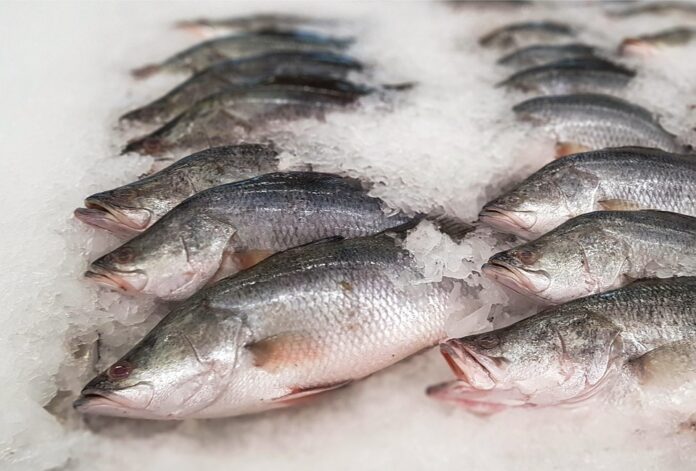Introduction
Overfishing is a critical issue that has far-reaching impacts on the sustainability of seafood markets and the conservation of marine resources. In this report, we will delve into the consequences of overfishing, explore its effects on seafood markets, and examine ongoing conservation efforts to address this pressing problem.
Impact of Overfishing
Environmental Consequences
Overfishing has devastating effects on marine ecosystems, leading to the depletion of fish populations, disruption of food chains, and loss of biodiversity. As key species are overexploited, their populations decline, affecting the balance of marine ecosystems and endangering the survival of other species.
Economic Implications
The economic consequences of overfishing are significant, with declining fish stocks leading to reduced catches and lower revenues for fishing communities. As fish populations dwindle, the cost of fishing increases, making it less profitable for fishermen to sustain their livelihoods.
Impact on Seafood Markets
Supply and Demand Dynamics
The depletion of fish stocks due to overfishing has a direct impact on seafood markets, affecting supply and demand dynamics. As fish populations decline, the supply of seafood decreases, leading to higher prices for consumers. This can result in market shortages and increased competition for limited resources.
Market Trends
In recent years, the seafood industry has faced challenges due to overfishing, with some species becoming endangered or critically depleted. This has led to a shift in consumer preferences towards sustainable seafood options, driving market trends towards more responsible fishing practices and certification programs.
Sustainability Conservation Efforts
Regulatory Measures
Governments and international organizations have implemented regulatory measures to address overfishing, such as catch quotas, fishing restrictions, and marine protected areas. These efforts aim to restore fish populations, protect marine habitats, and promote sustainable fishing practices.
Certification Programs
Certification programs, such as the Marine Stewardship Council (MSC) and Aquaculture Stewardship Council (ASC), play a crucial role in promoting sustainable seafood practices. These programs certify fisheries and aquaculture operations that meet strict environmental and social standards, providing consumers with assurance that their seafood is sourced responsibly.
Industry Insights
Financial Data
According to industry reports, the global seafood market is valued at over $150 billion, with a projected growth rate of 3% annually. However, the impact of overfishing on fish stocks could potentially lead to a decline in market value and profitability for seafood companies in the long term.
Key Players
Major seafood companies, such as Thai Union Group, Clearwater Seafoods, and Mowi ASA, are actively engaged in sustainable fishing practices and conservation efforts to address overfishing. These companies are investing in technologies, partnerships, and initiatives to promote responsible sourcing and environmental stewardship.
Conclusion
In conclusion, overfishing poses a significant threat to the sustainability of seafood markets and the conservation of marine resources. It is imperative for stakeholders in the seafood industry to collaborate on conservation efforts, adopt sustainable fishing practices, and support initiatives that promote responsible sourcing. By working together, we can ensure the long-term viability of seafood markets and protect the health of our oceans for future generations.



